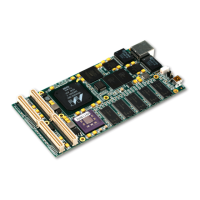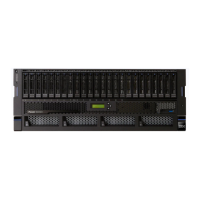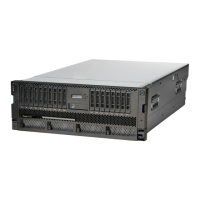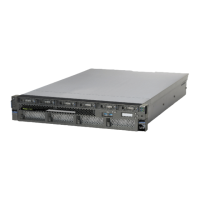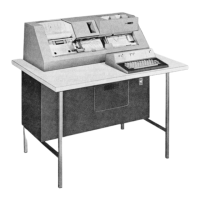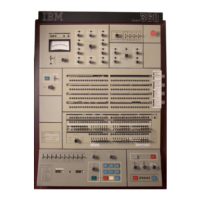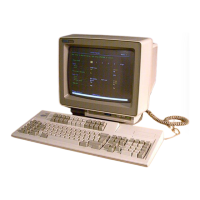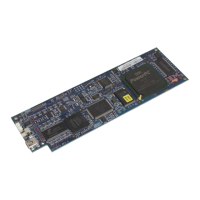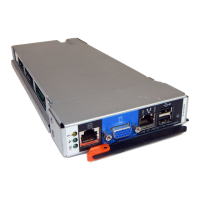Bits
Bit
Name
Bit
Description
Mode
15
SQE
o Signal Quality Error did not occur.
R
1 Signal Quality Error test failed during packet transmission.
Applicable only in' half -duplex mode during 10 Mbps
operation.
19.3.3.2 Early' Packet Termination in Transmit
EMAC can initiate early packet termination during transmit, terminating packet transmission before
MAL finishes transferring
all packet data from memory to the Transmit FIFO of EMAC. This is typically
used when error conditions force the EMAC to abort a transmission.
EMAC performs early termination on the MAL interface if any of the
following conditions occur:
1. Underrun
in
the Transmit FIFO.
2.
Excessive Collisions.
3.
Excessive Deferral.
4. Late
Collision.
19.3.3.3 Empty Packets
EMAC treats empty packets as if a normal packet had been written, but without writing data to the
FIFO. A status word of all
Os
is returned after an empty packet. EMAC expects that for word-aligned
packets, MAL activates the related word transfer indication during the last data transfer, rather than
providing an empty packet indication.
19.3.3.4 Automatic Retransmission
of
Collided Packets
EMAC automatically retransmits packets that collide on the
Mil
interface. The Transmit FIFO always
preserves the first 64 bytes of the packet until it receives an indication that the
collision window has
passed. Otherwise, if a
collision was detected within the collision window, the packet is retransmitted
automatically without a new request from MAL.
19.3.3.5 Inter-Packet Gap (IPG) Tuning
EMAC allows the user to program the length of the IPG using the EMACO_IPGVR register, which
contains one-third of the
IPG value. By changing the content of this register, the user can adjust the
fairness
or
aggressiveness of EMAC on the medium. By programming a lower number (but not less
than four), EMAC becomes more aggressive on the media. The aggressive nature can result in EMAC
capturing the network by forcing less aggressive nodes to defer. By programming a larger number of
bit times, EMAC becomes less aggressive on the network and may defer more often than normal.
EMAC performance may decrease as the
IPG period is increased from the default value, but the
resulting behavior may improve media performance by reducing the occurrence of collisions.
19.3.3.6 Full-Duplex Operation
Full-duplex operation allows simultaneous transmit and receive activity on the Mil interface. The
software can enable
full-duplex mode by setting the EMACO_MR1 [FOE] = 1. During operation in full-
duplex mode, the following changes are made
in
EMAC functionality.
• Transmission is not deferred while receive is active.
Preliminary
Ethernet Media Access Controller
19-9
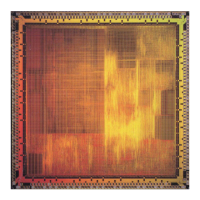
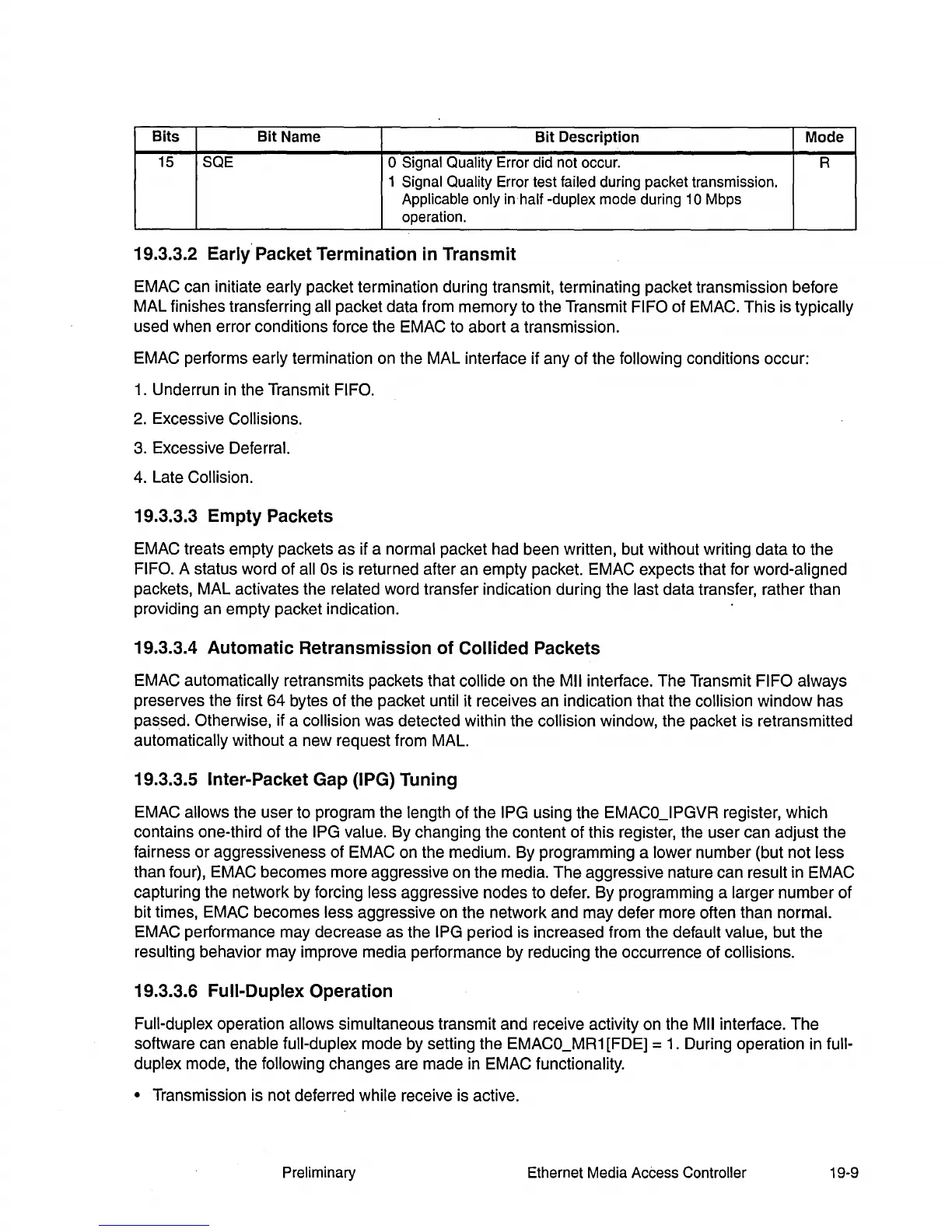